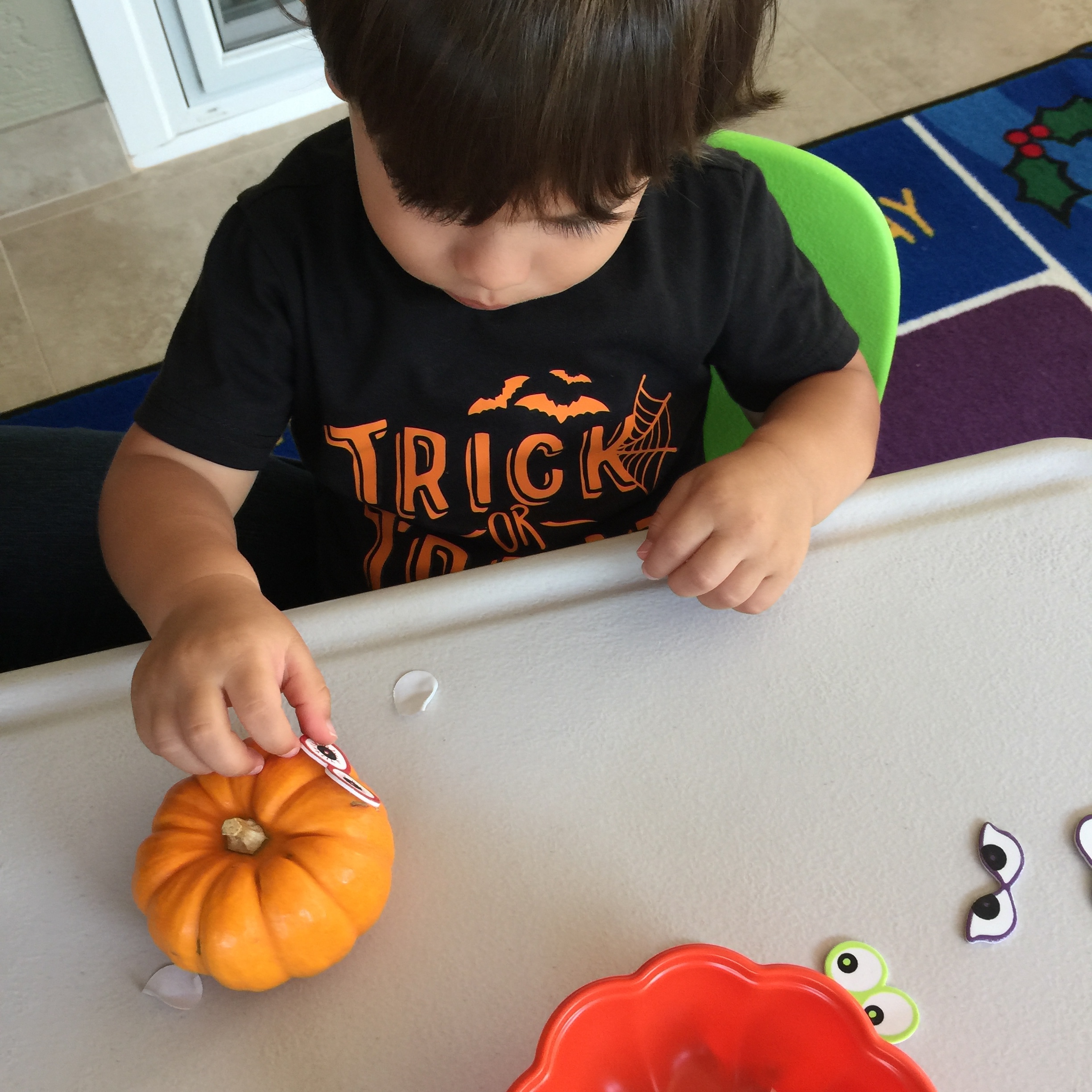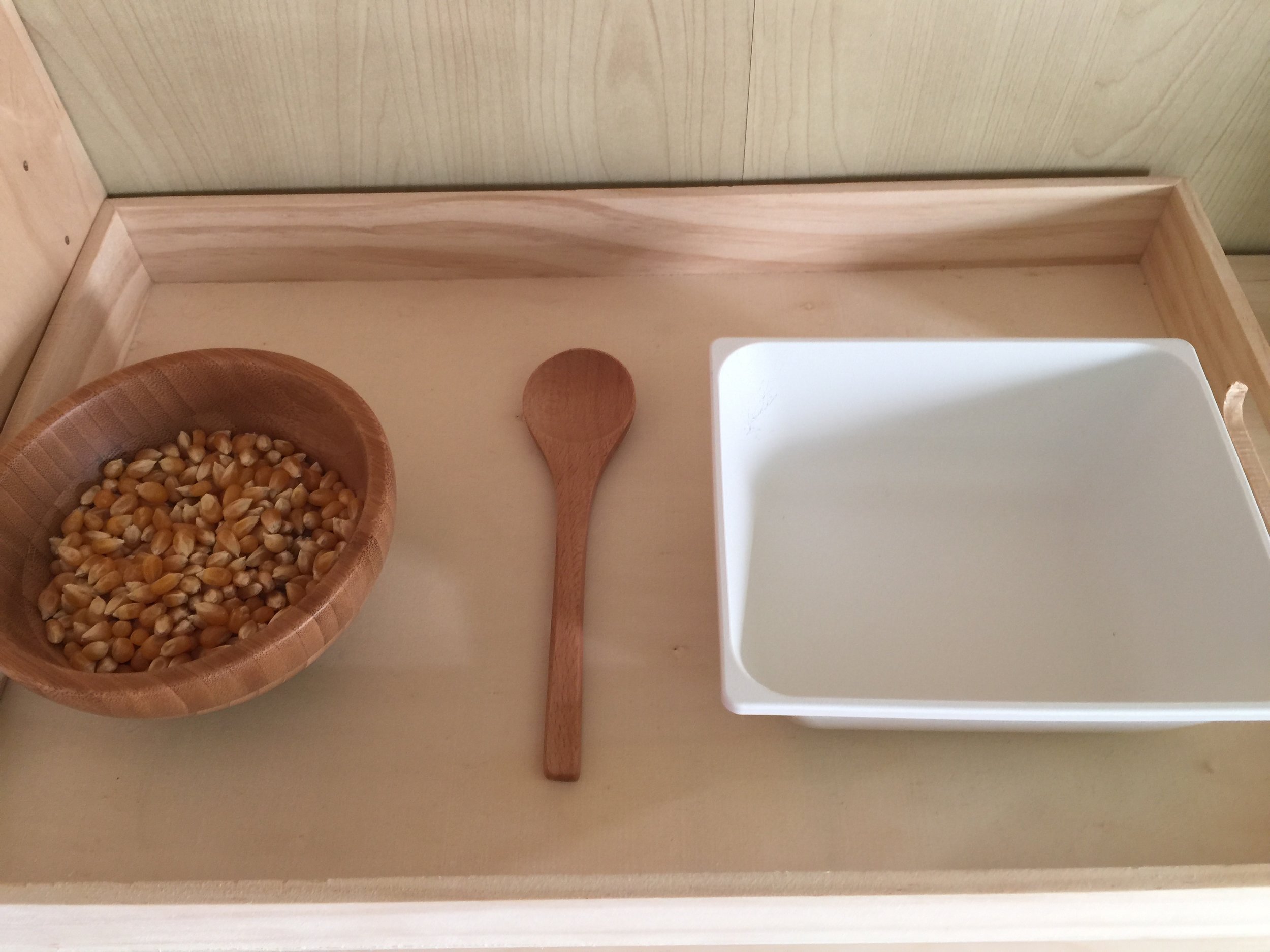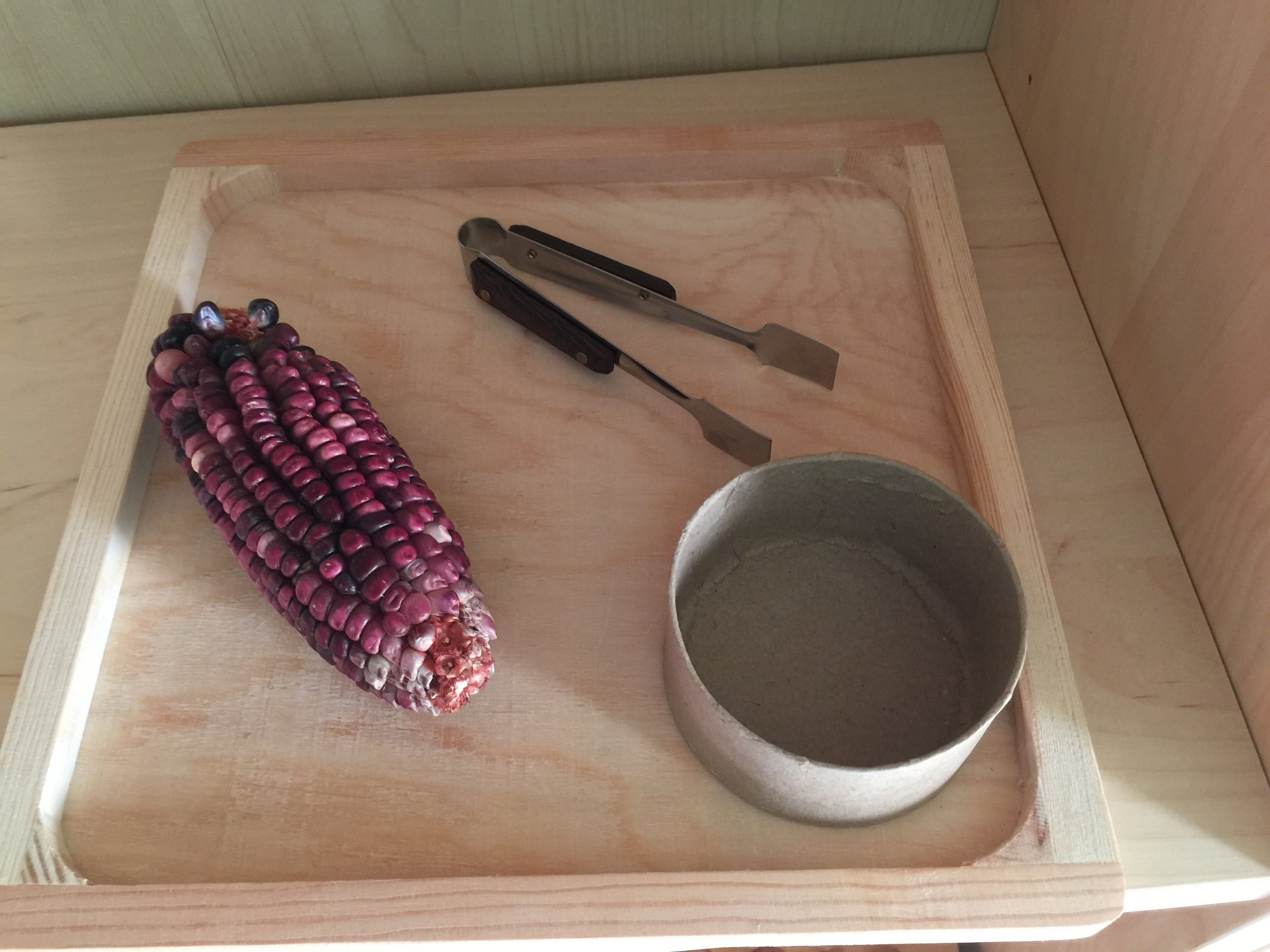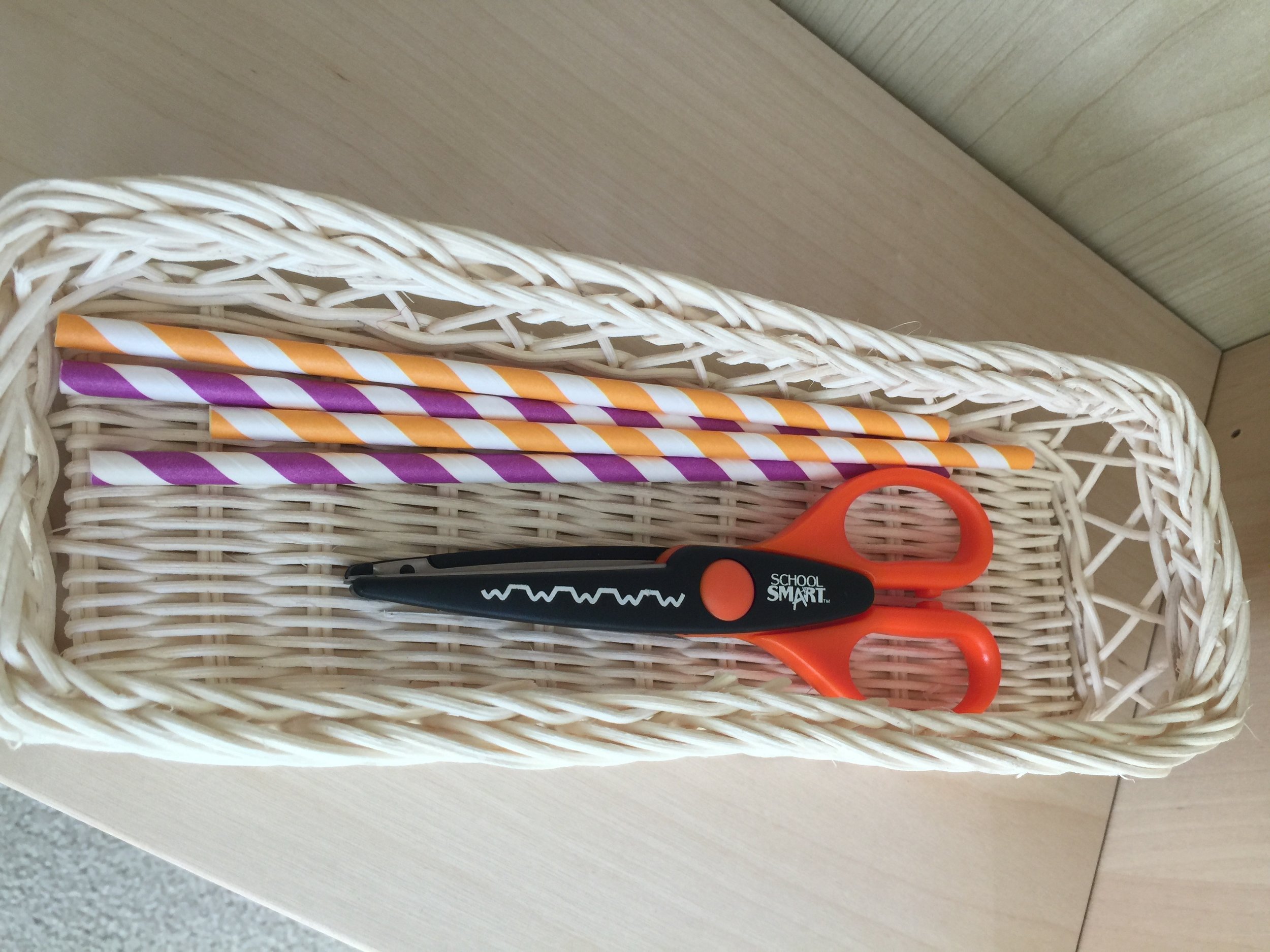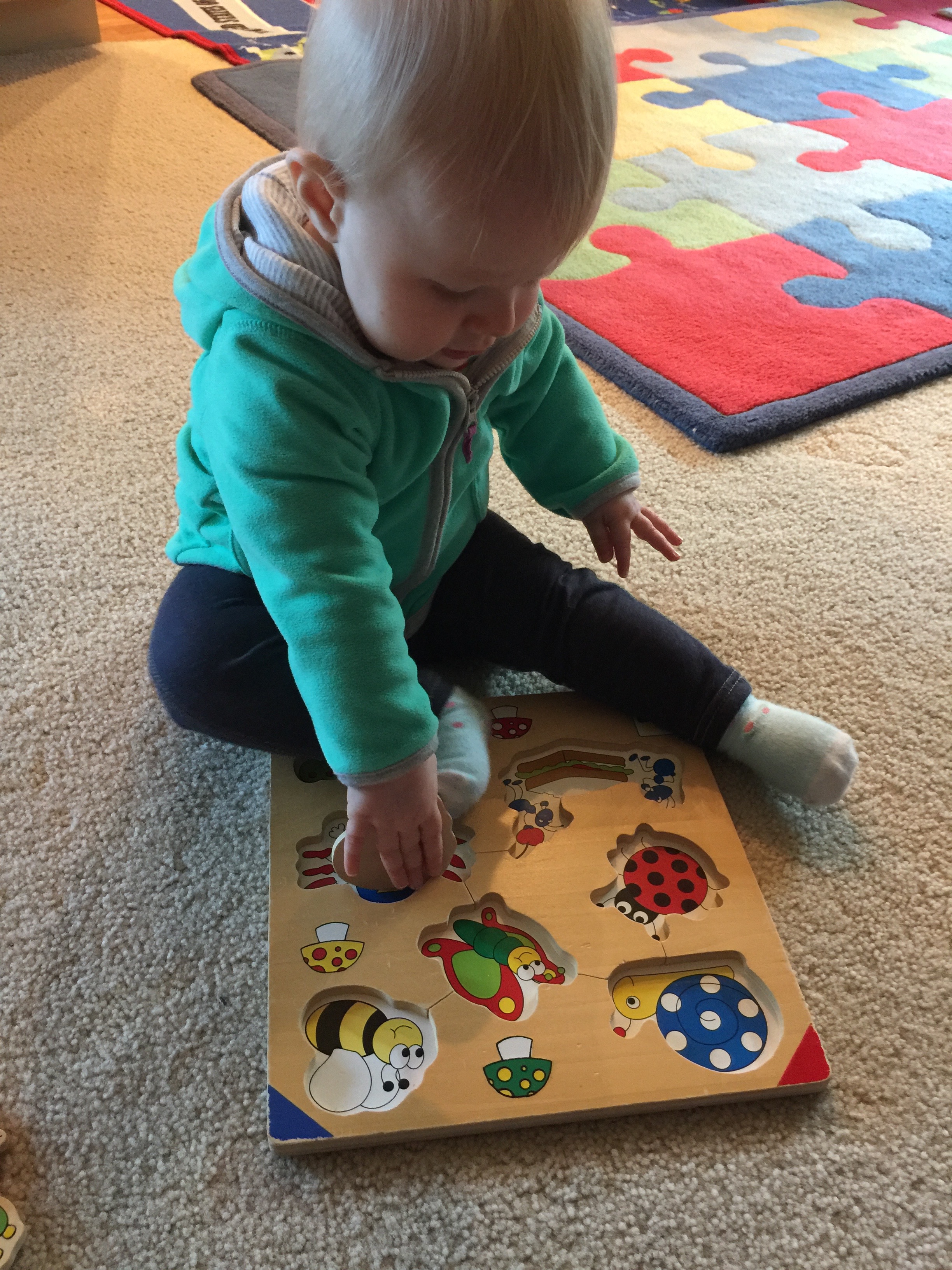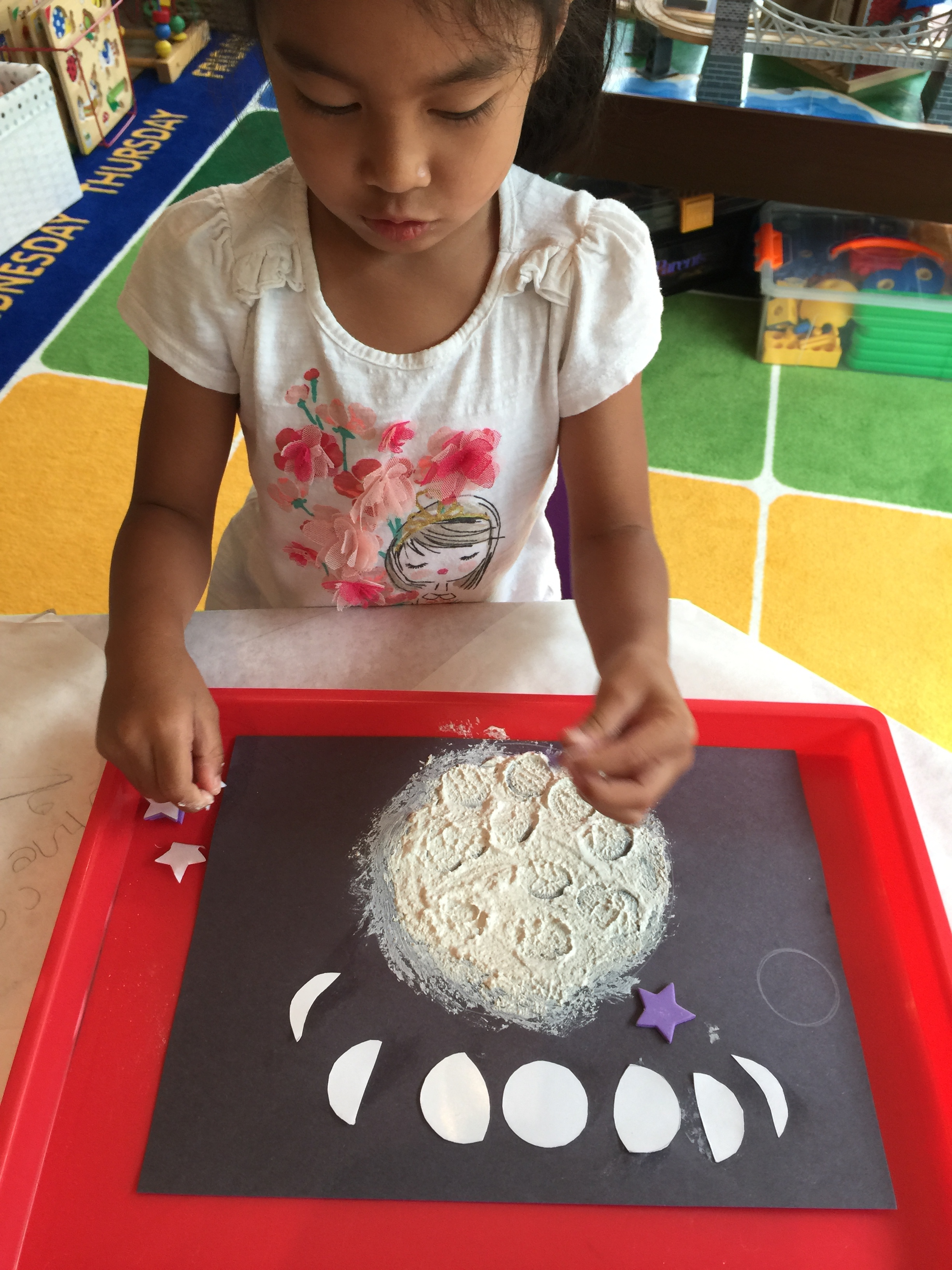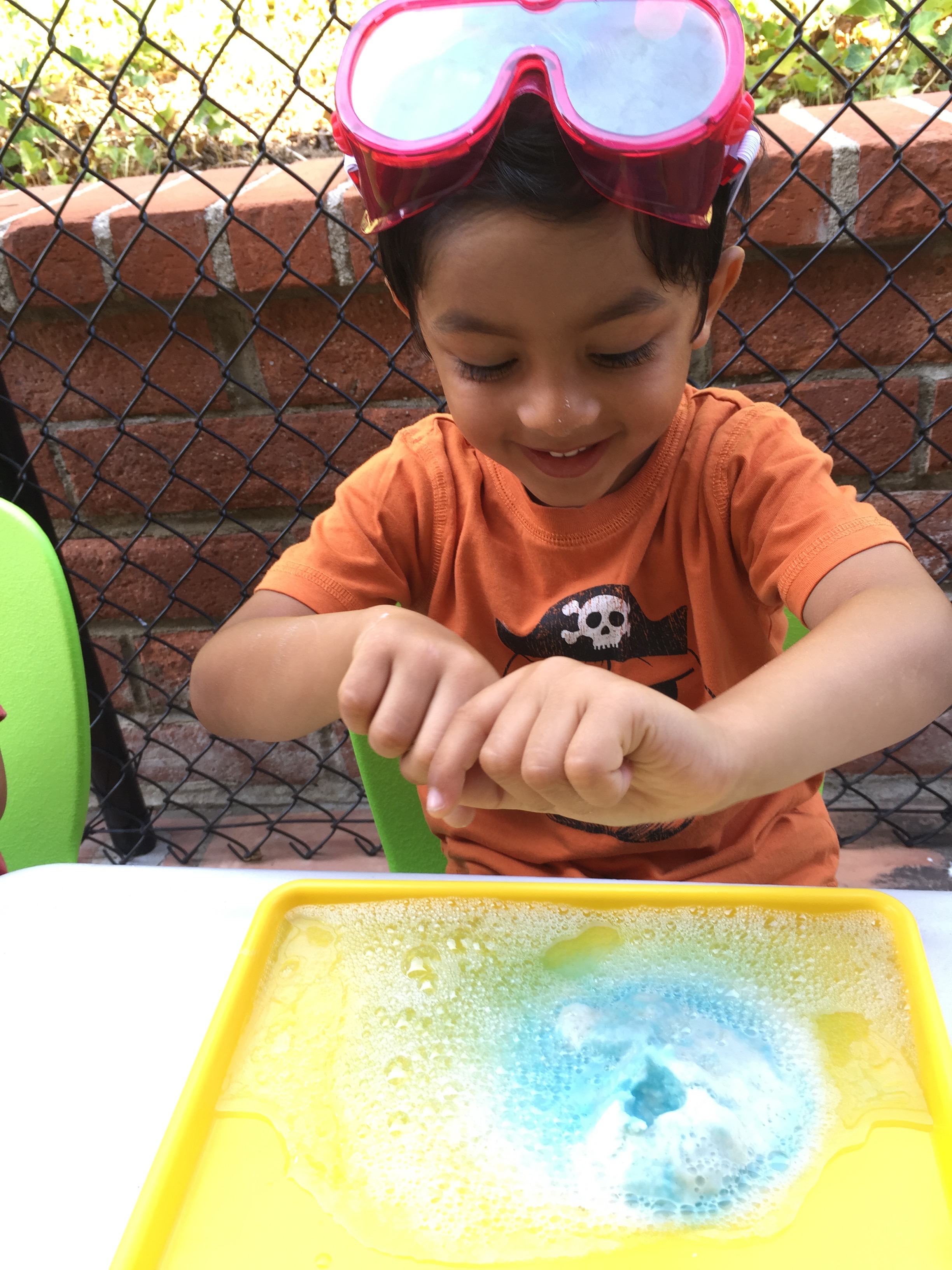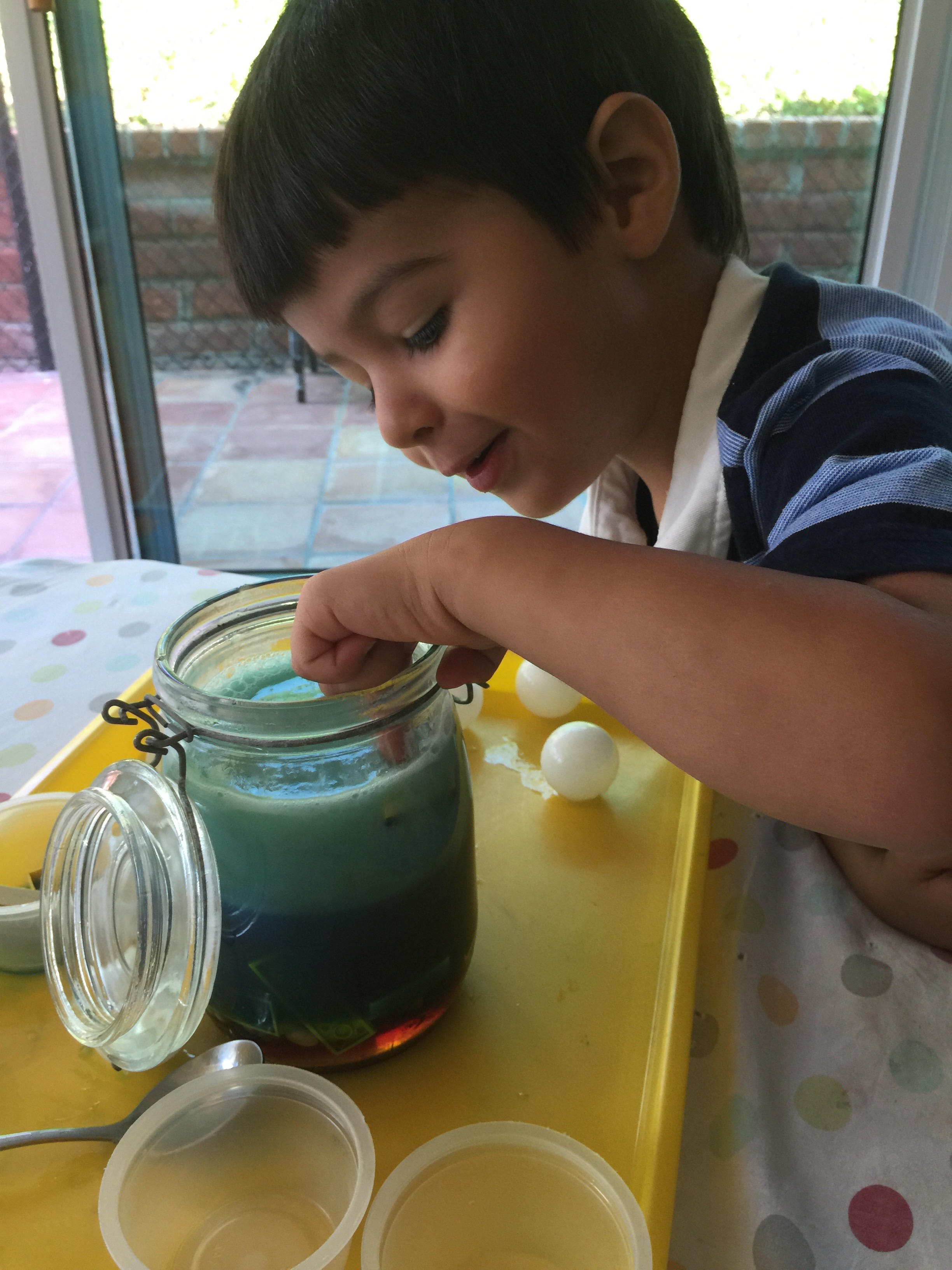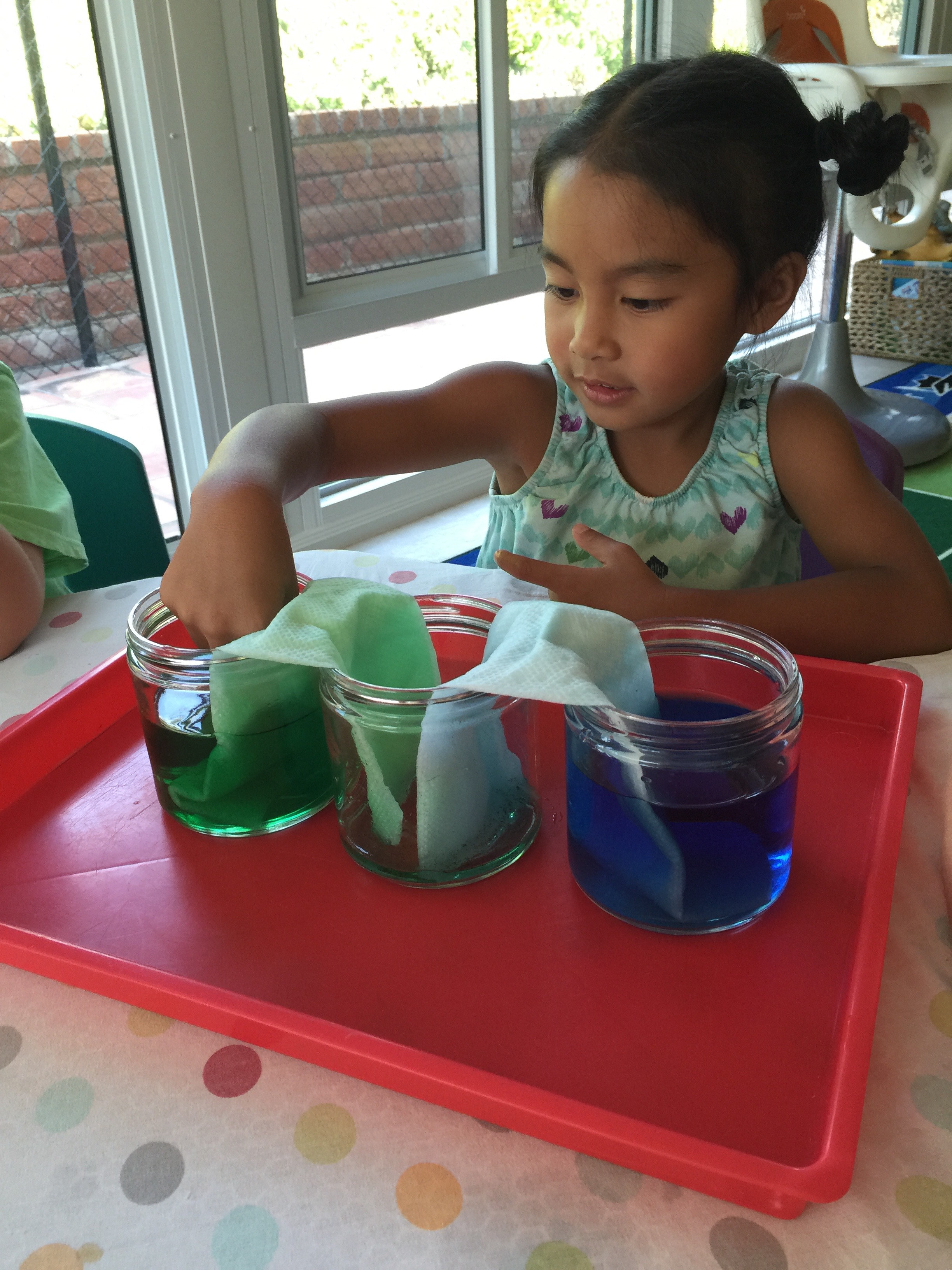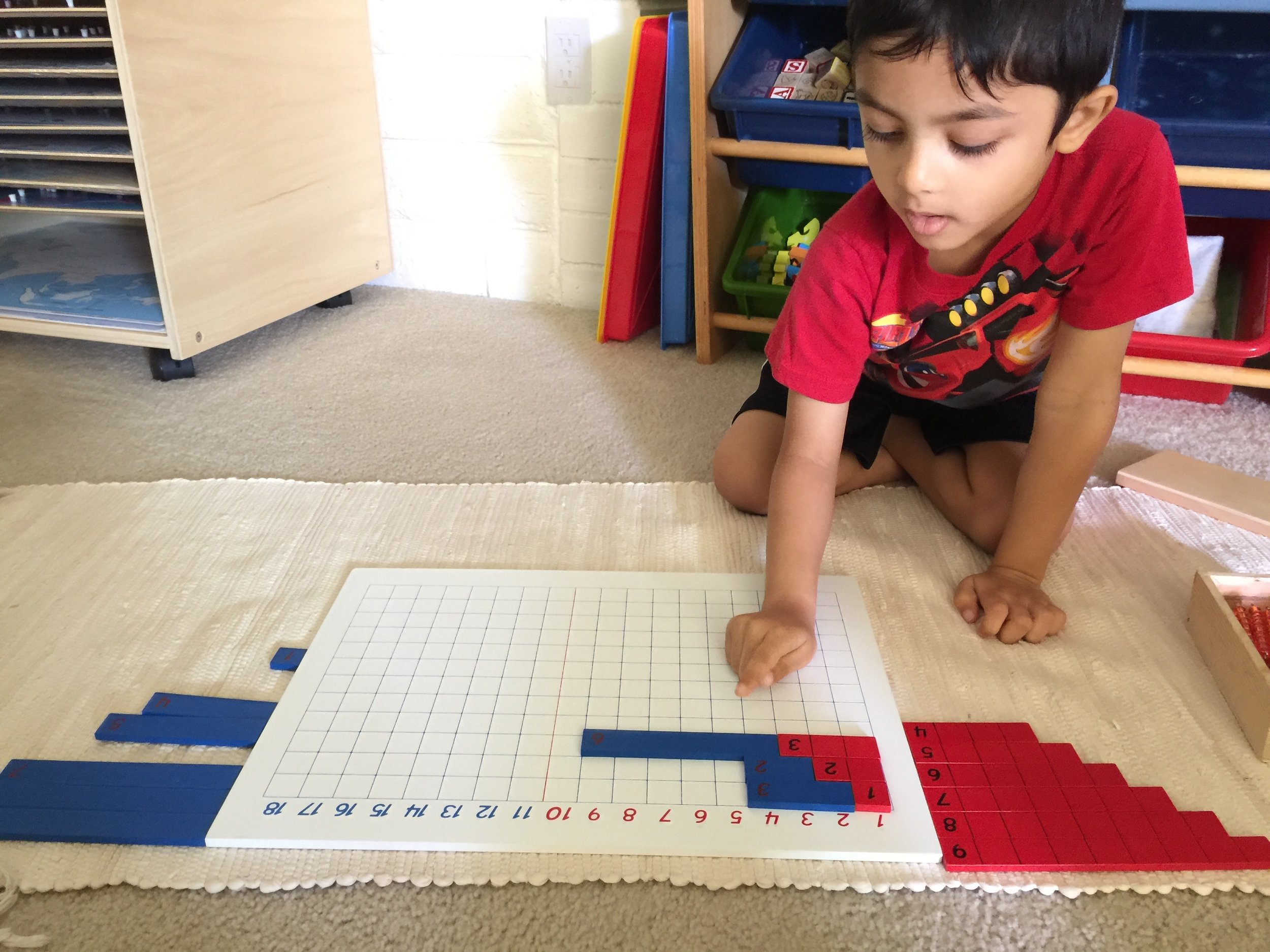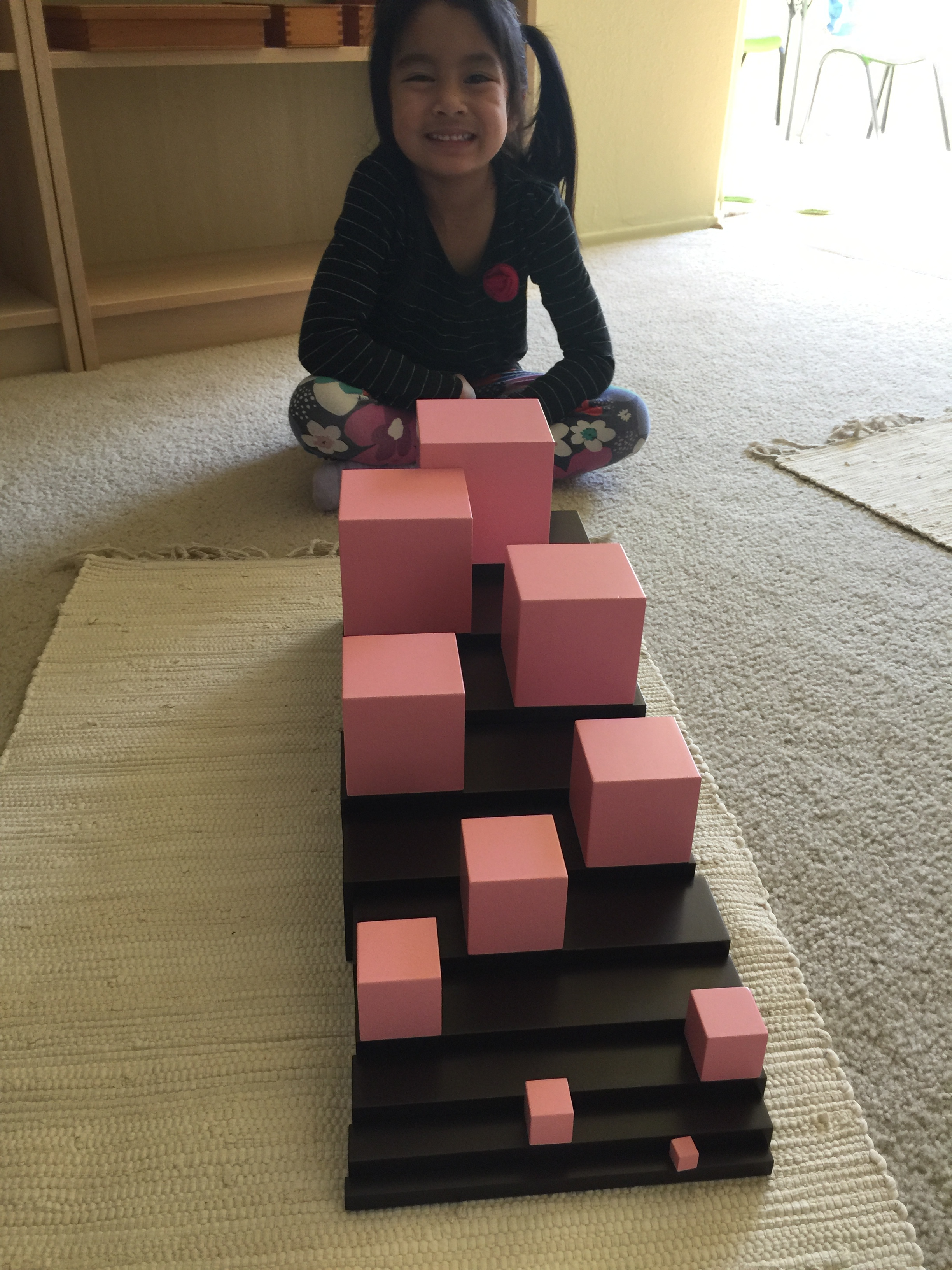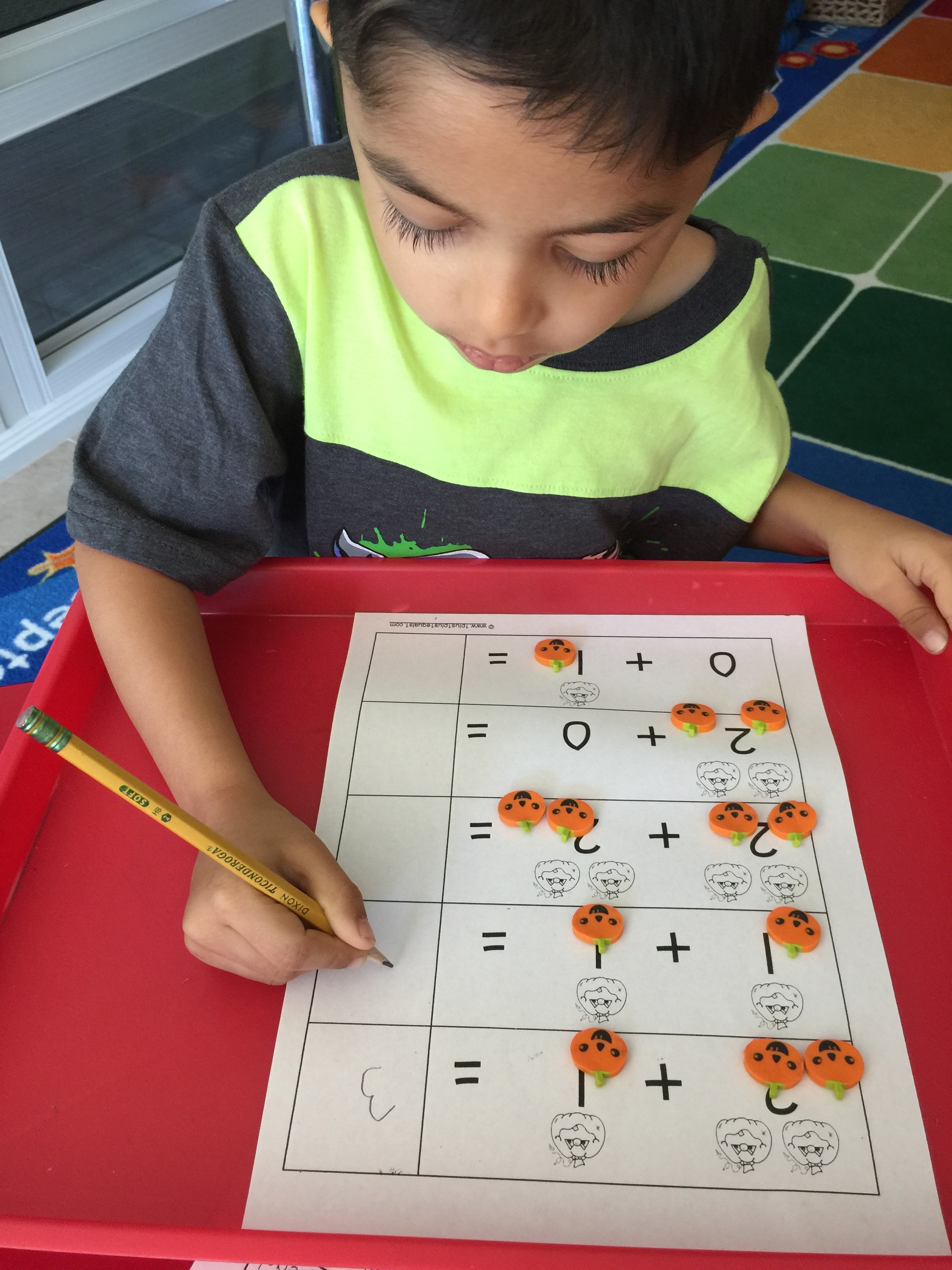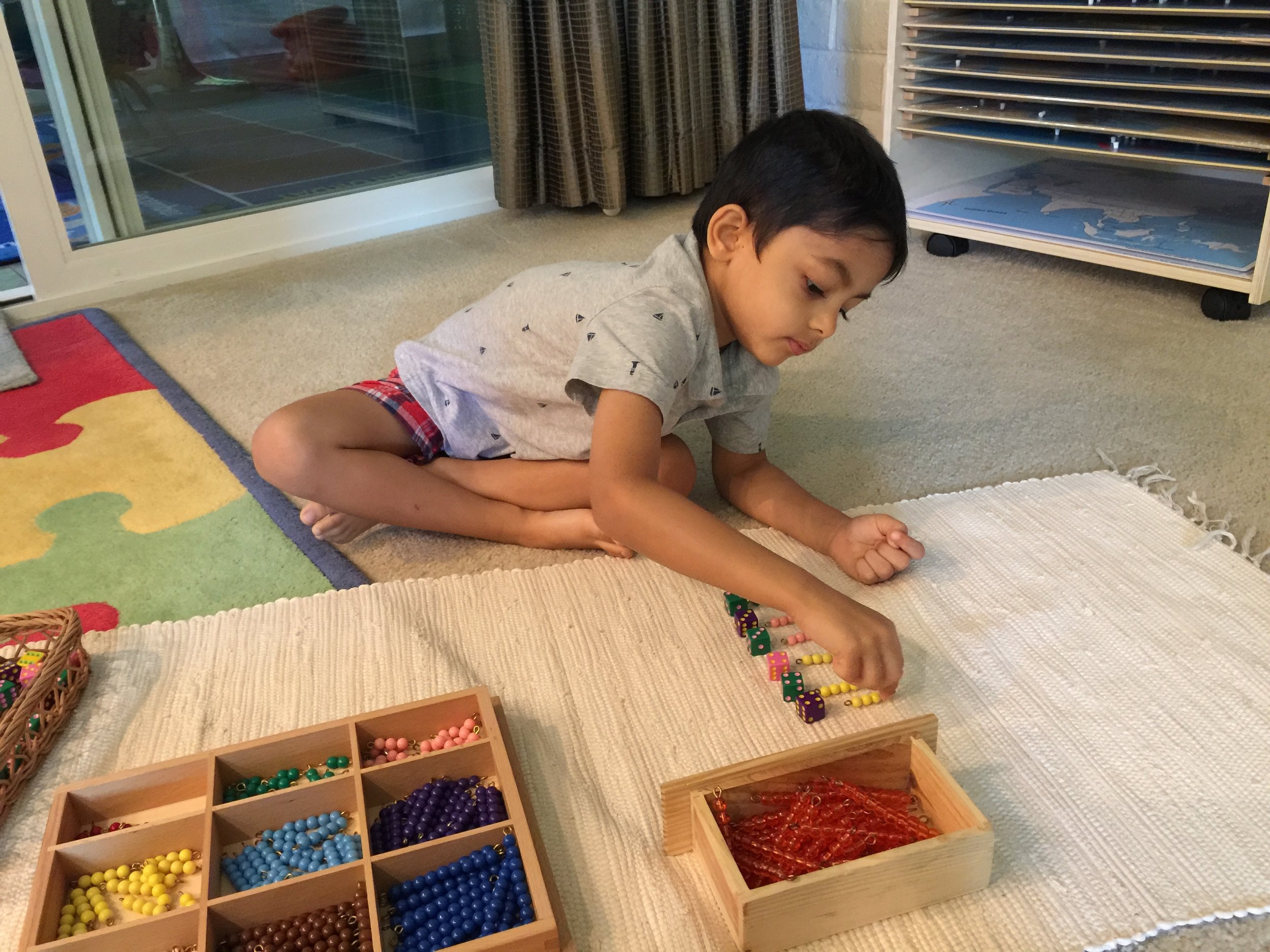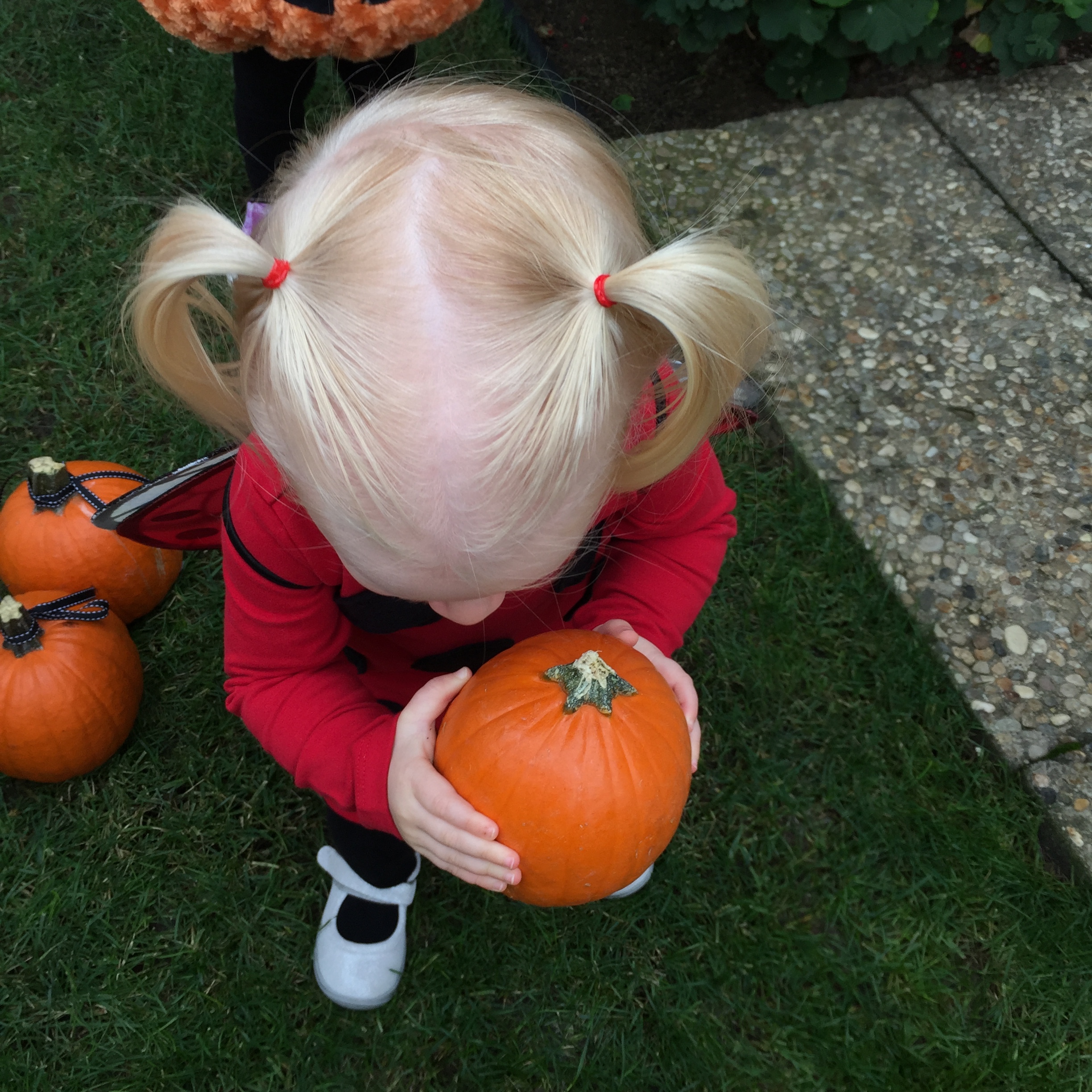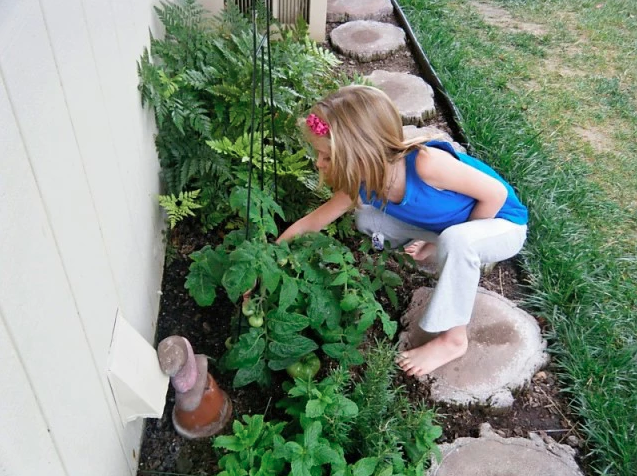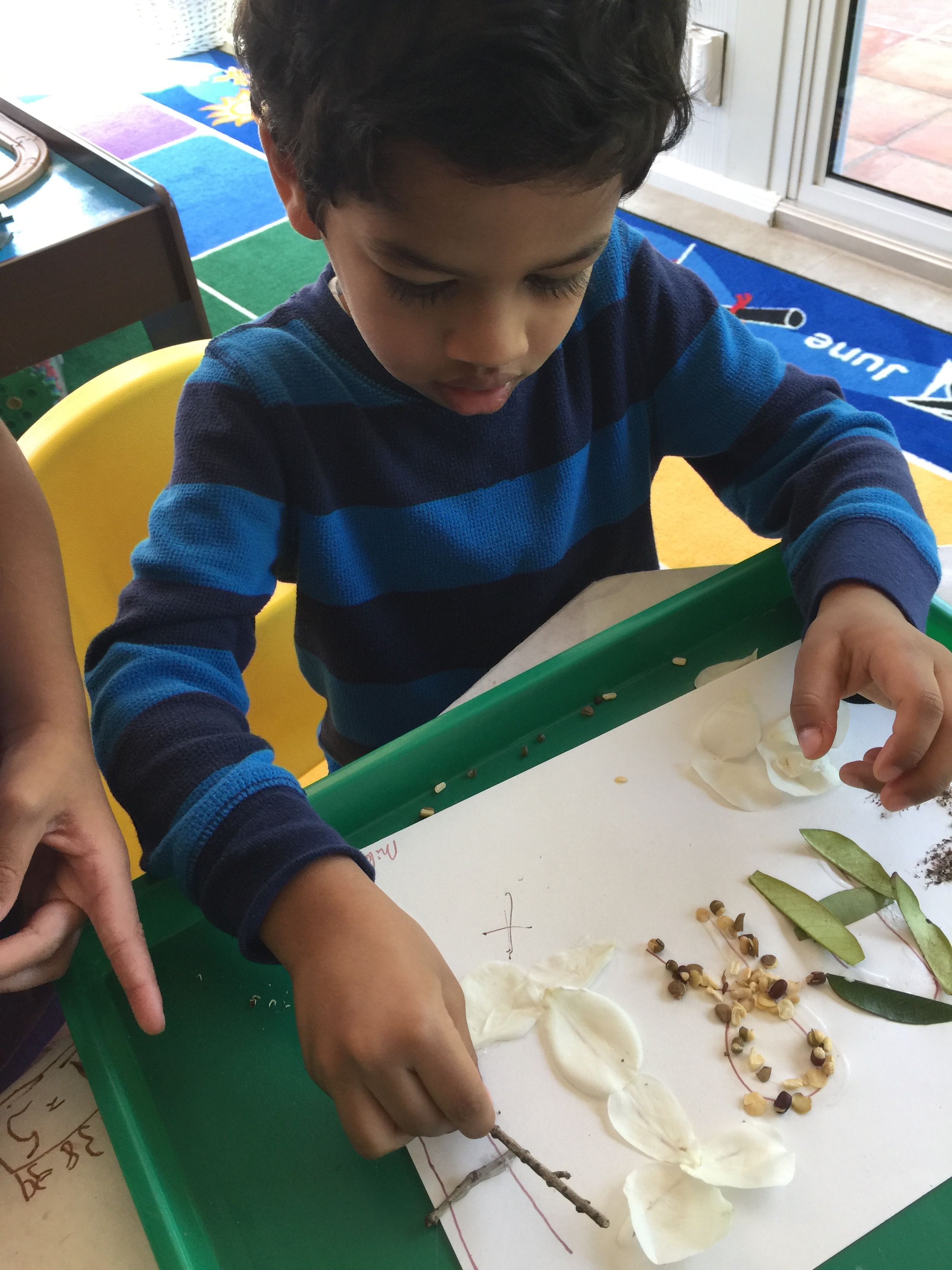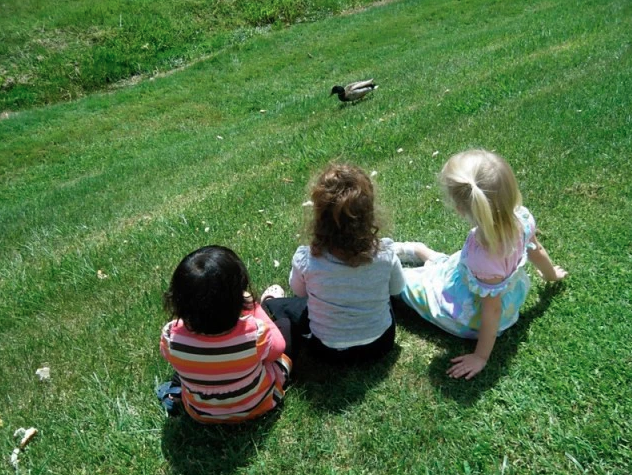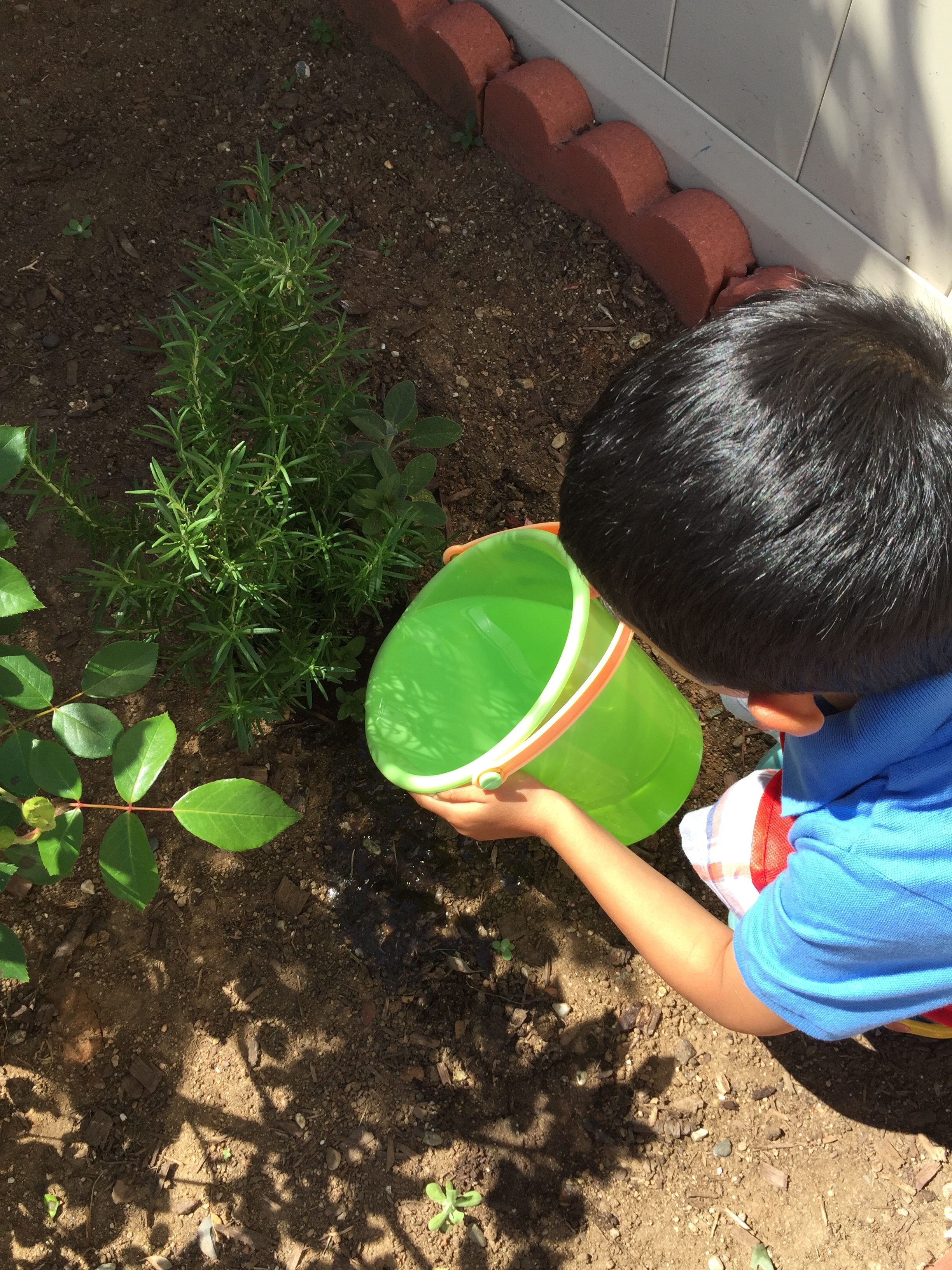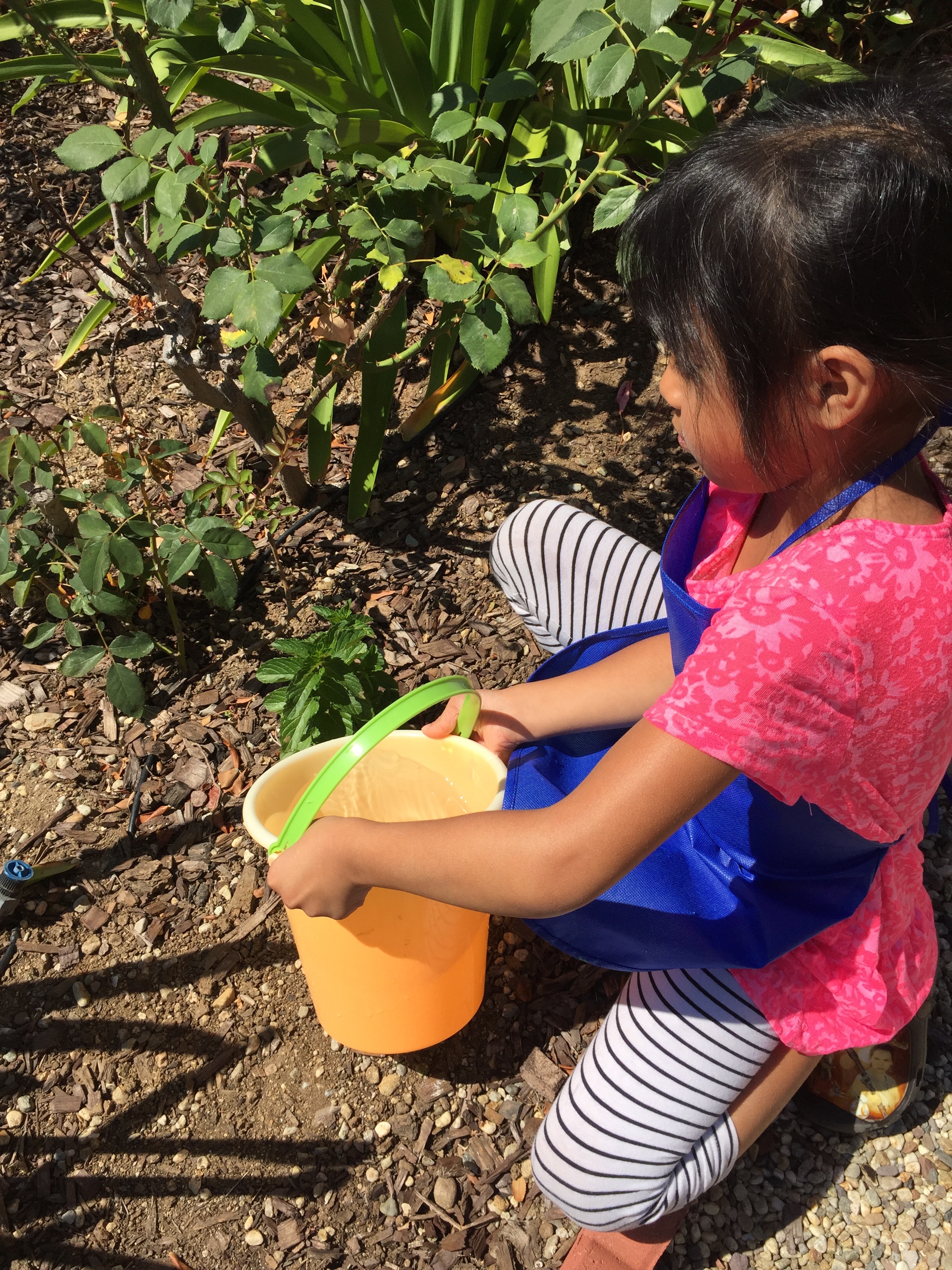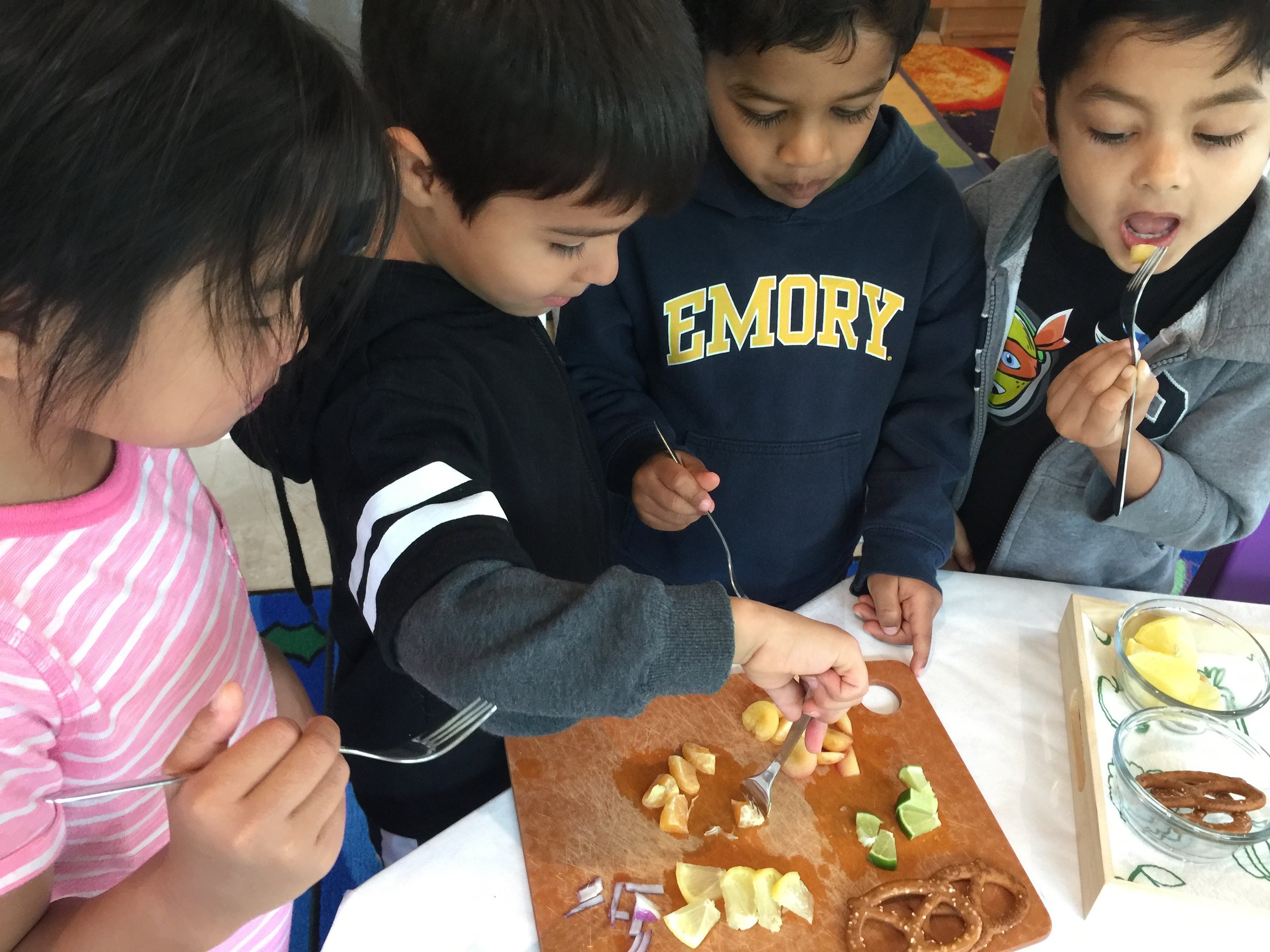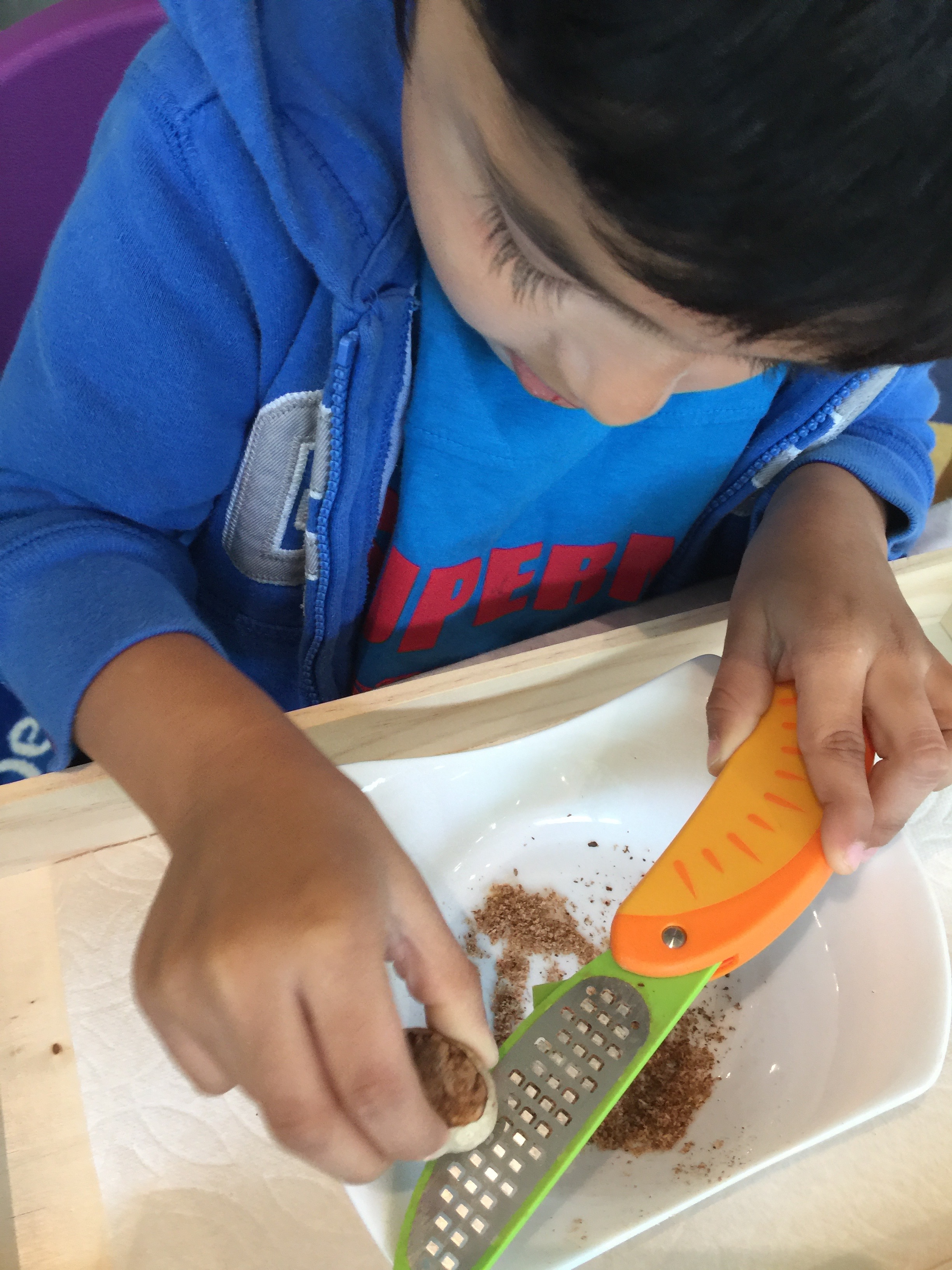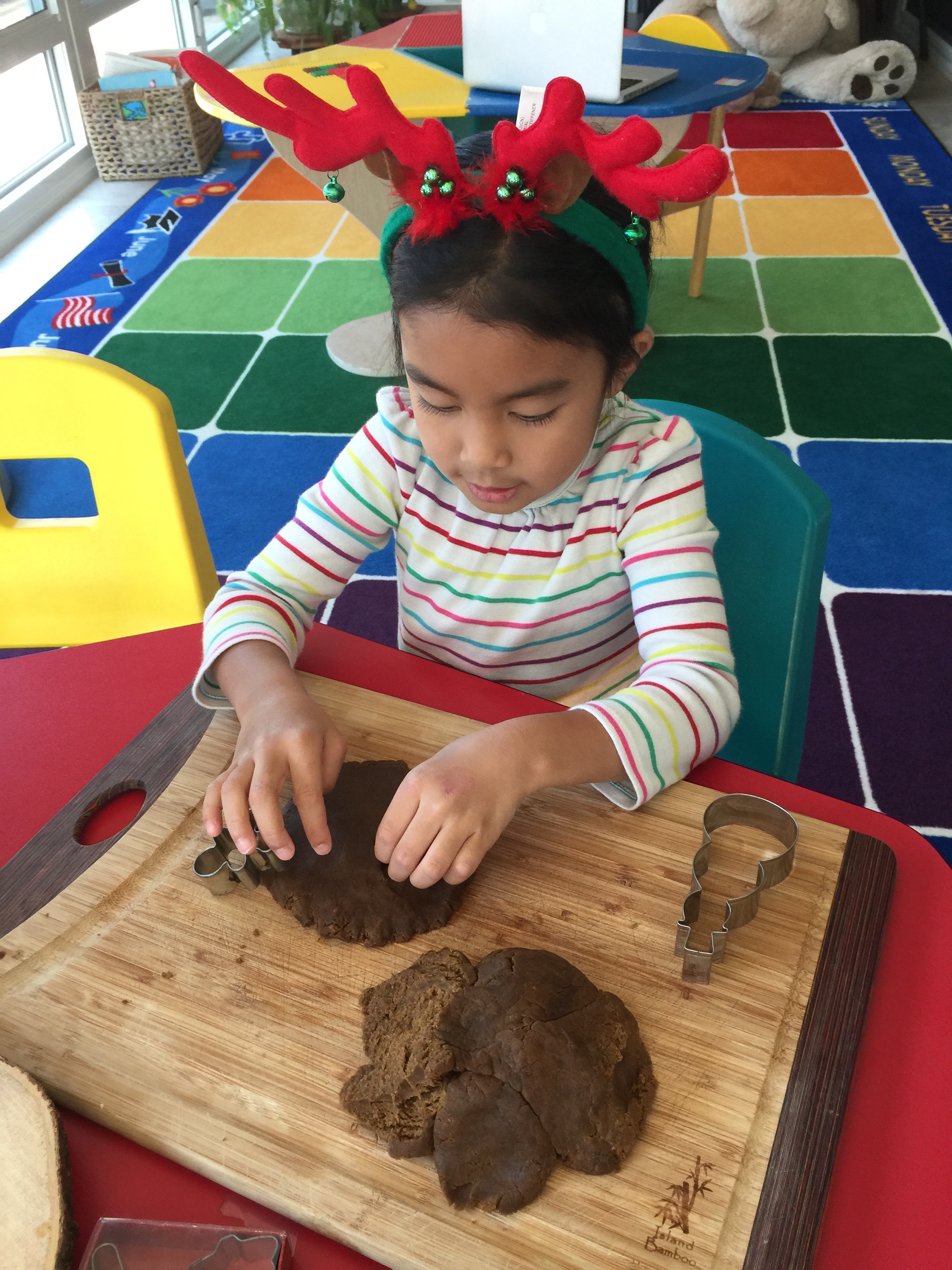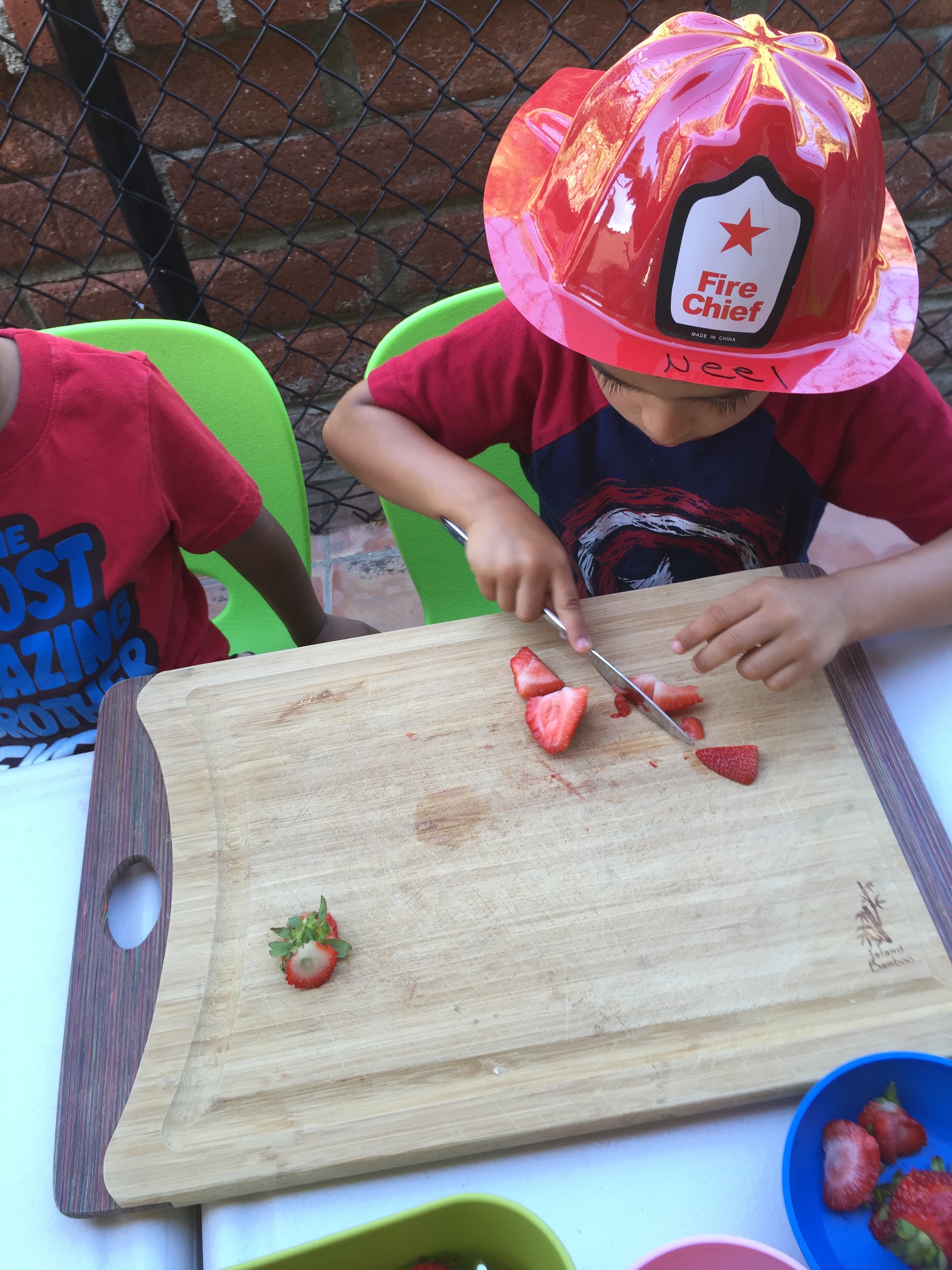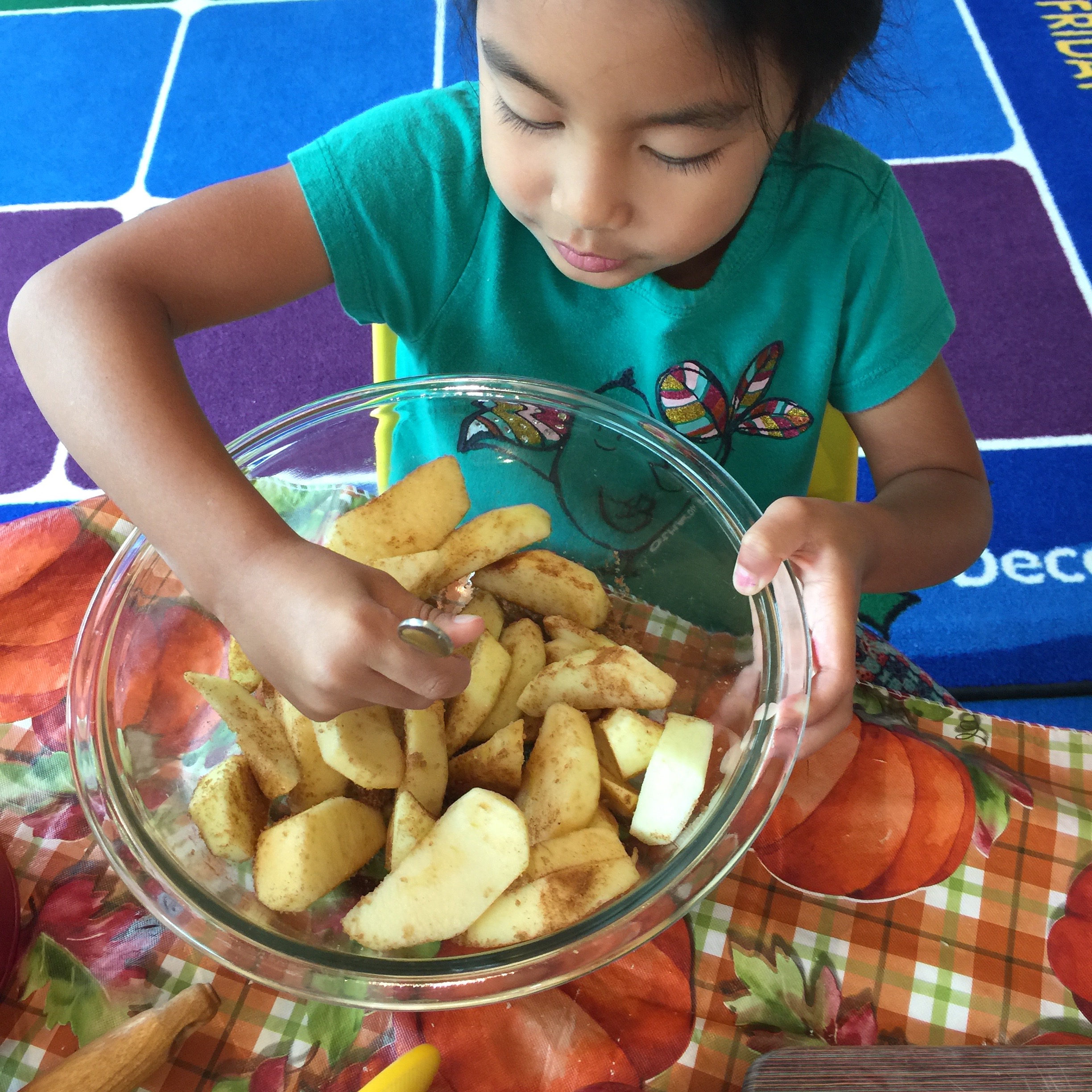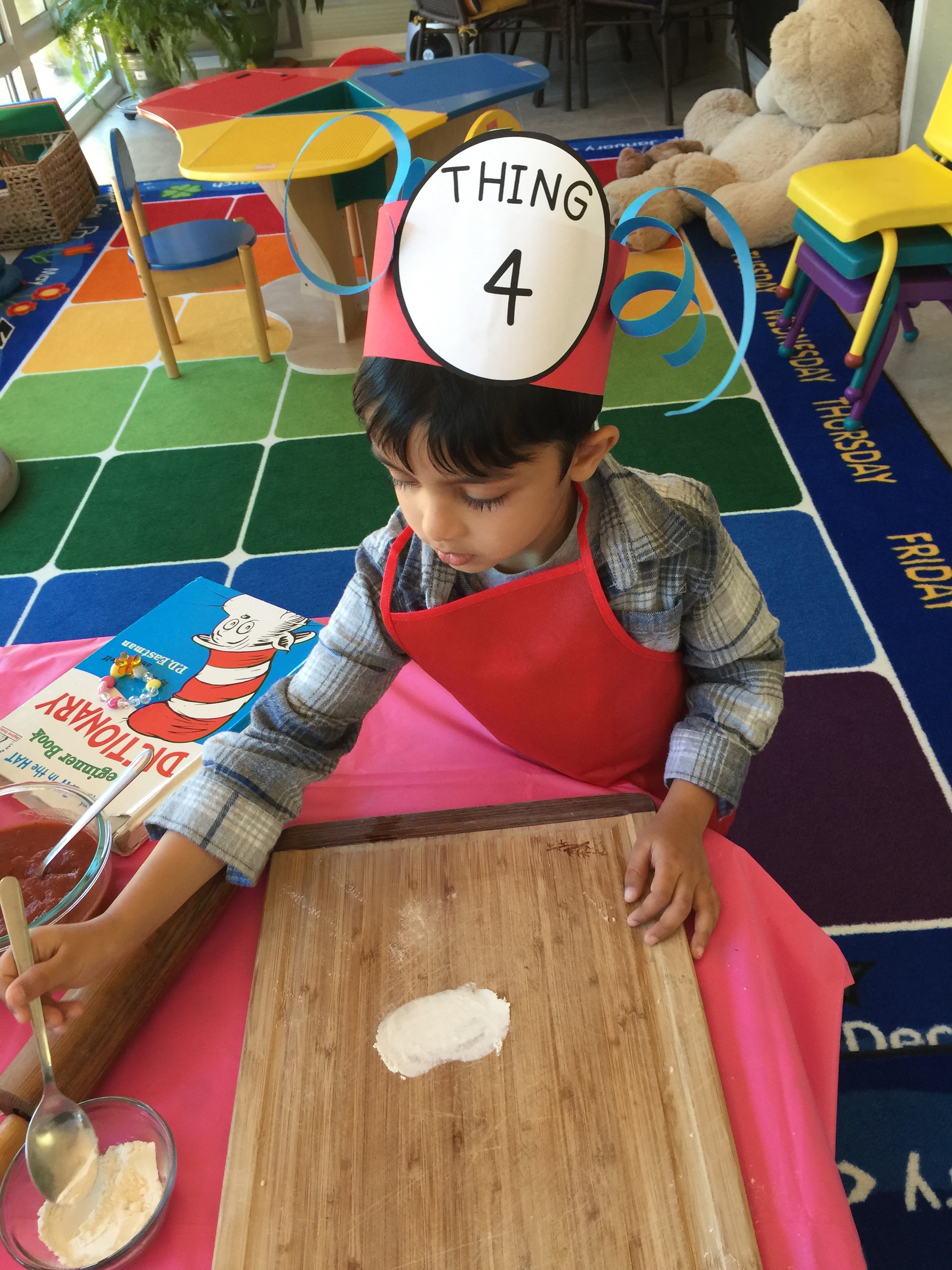Activities
At TenderNest, we understand that different children have different needs. That's why we provide all of our children with a well-rounded activity schedule based on the principles of the Montessori method. Each of the activities below will be tailored to your child's age, skill range and stage of developmental to ensure the highest level of engagement.
“I am amazed at how much my two boys already know at such a young age! The skills and knowledge they have gained has surpassed my expectations.”
practical life
Our practical life focus provides the link between home and school, with child-sized tools that actually work. A young child is able to perform the same activities they have seen adults do such as polishing, scrubbing, pouring, sweeping, and other activities. These activities correspond with children’s desire for refining movements and learning coordination as well as their growing sense of independence.
"I can do it myself" is the motto of the young child, and we encourage and foster this independence. The pace is unhurried and an adult is nearby to help, but not interfere, if needed.
science
At the core of TenderNest’s philosophy is the belief that children need to observe and absorb information about the world around them through hands-on, curious learning methods. These methods are centered on experience with real objects before even learning the names or looking at pictures of things.
At TenderNest, we educate children in science through lessons about the seasons, the five senses, why leaves change color, layers of the earth, parts of a volcano, and biomes of the earth. We also include some simple and fun science experiments as well! The materials will be changed on the shelf monthly as the unit studies change.
math
At TenderNest, we encourage children to develop their understanding of mathematical concepts through hands-on concrete sensorial materials. We use materials, such as beads, that enable children to understand concepts such as "large” versus “small," and "long” verses “short." These concepts lay a foundation to build more complex mathematical and analytical skills later in life.
For example - when adding the bead bars together they become longer, and when subtracting they become shorter. The process of introducing a quantity, then a symbol, and finally a quantity with the symbol is how the child is able to understand abstract concepts while using concrete materials.
sign language
We work with each of our infants on sign language to promote the development of language skills, reinforce language skills already developed, reduce frustration, increase early literacy skills, and help infants develop an understanding of language for communication of emotions.
Infants are born with the instinctive need to communicate. Learning to speak takes time and requires motor skills that babies only begin to master around their first birthday.
Research shows infant sign language is an effective way to communicate with babies and allows them to talk back. As a result, infants who ‘sign’ are less frustrated, since they can express their wants and needs. Simply put, they cry less!
gardening
In ‘The Garden Project’ children learn about plants. Since getting their hands dirty is so much fun, they are almost oblivious to the invaluable knowledge they are gaining. The fun and experience of planting, harvesting and eating is something they don’t forget.
The other ‘science’ part of nutritional education is what the food does for them. Children engage in projects where they can show that carrots help their eyes, eggs help their bones, avocados help their brain. This teaches them to choose their food wisely and be actively engaged in their own health.
cooking
One of the first things parents notice when they walk into TenderNest is the smell of freshly cooked food. Our meals consist of natural, healthy produce, whole grains, age appropriate spices and herbs, time and LOVE.
Knowledge is a powerful tool in developing children with good eating habits from an early age. This can be reinforced in many ways, providing books that teach about food and nutrition, songs or games, hands on experience of gardening, shared food preparation. Here at TenderNest we often pick, cut and make our own salad.

